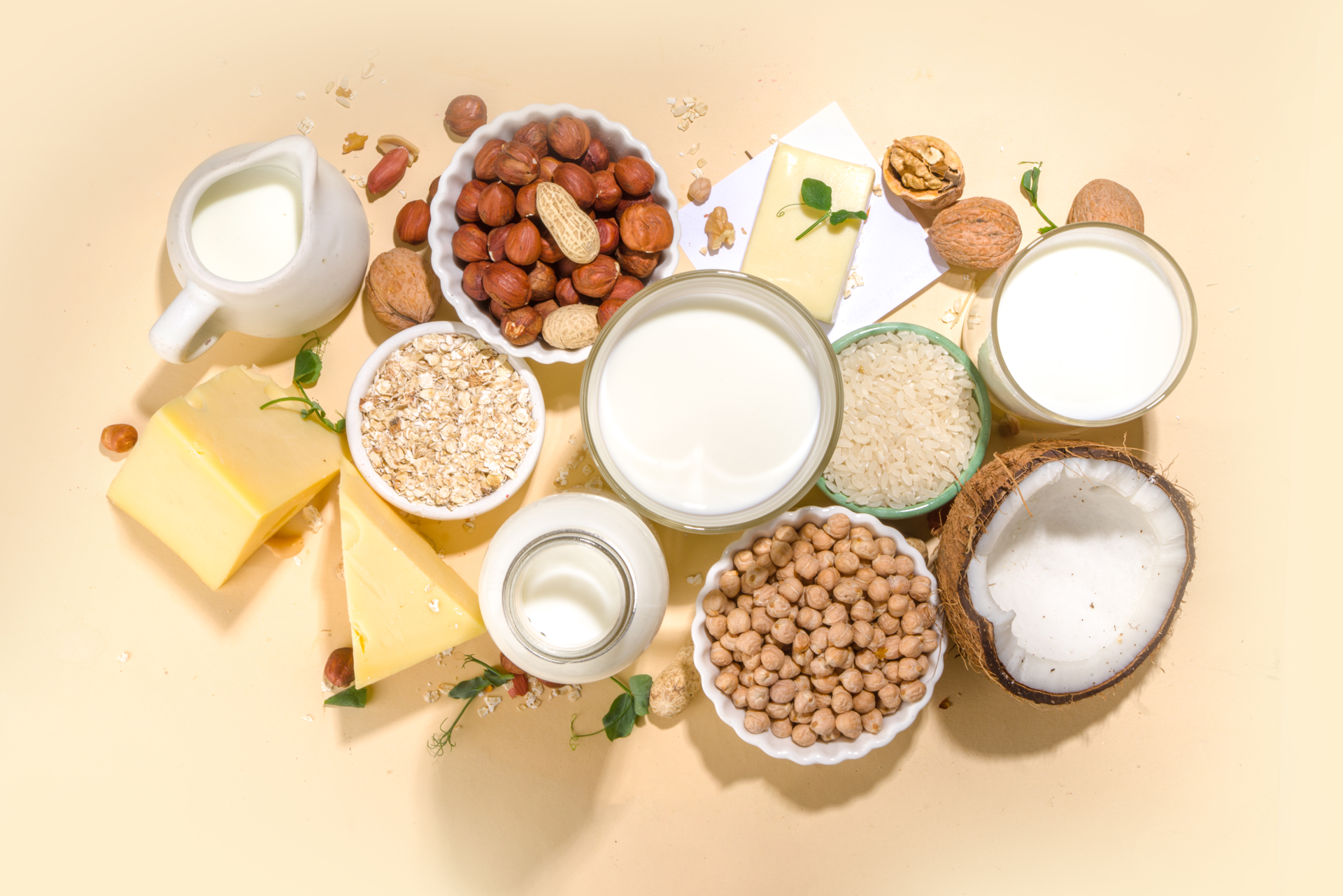INCREASING FOOD PRICES?
NOT WITH US
Shortage of raw material availability, delays within the supply chain, skyrocketing energy prices, rising cost for food; it is a time of massive disruption. The world needs change instead of sticking to the status quo. Plant-based products are on trend for ecological reasons. But they can also be the solution to ensure a supply of high-quality, healthy and affordable food for the global population.

Milk prices have roughly doubled in the last twelve months which is a positive development for the farmers. They just don’t get anything out of it, as their costs for feed have increased significantly. Besides that, there are also exploding energy costs, which have led to this major price increase. As a result the prices for basic dairy based food such as milk, butter, yoghurt, cheese etc. have risen by about 30% for the consumer.
Plant-based products are still widely seen as an ideological vegan niche or as part of a modern lifestyle. The recipes are still “exotic”, the availability and options are limited and the prices are high. This doesn’t need be the case as the cost for plant-based protein are lower than those for animal protein.

The precondition for plant-based products to be produced in large quantities and in a cost efficient way is that they meet mainstream expectations.
Taste, smell and appearance of plant-based alternatives must be in line with what consumers are used to. A healthy diet must be ensured and products need to be “clean label” which means without so called E-numbers and artificial flavours.
Typically manufacturers use protein isolates, which are cheap but often have an unpleasant off-taste and colour deviations, as their base. Because the proteins are denatured, they have no or only little functionality. As a result, a lot of the additives which food manufacturers have banned from formulas in recent years are used in the plant-based alternatives again.
This can be avoided by a cold and purely mechanical processed protein. Almond protein, gently cold-pressed and micro-milled, is almost white and has a very neutral taste. It is a natural and highly functional ingredient and has emulsifying and gelling properties. It can be used to make plant-based yoghurts, desserts, drinks and ripened cheeses, that show nearly no difference to dairy products.
To be able to produce such products in large quantities and in a cost efficient way it is crucial that the existing technologies in the dairy industry can be used: This is the case. Cow milk can easily be replaced. The remaining part of the production process remains unchanged.
As you can see, it’s possible!
So let’s work together to develop winning products for everyone – delicious and affordable.

